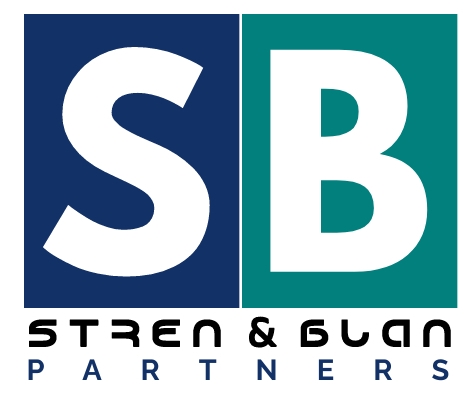Introduction
On January 31, 2024, the Central Bank of Nigeria (CBN) issued three (3) pivotal circulars addressing critical aspects of the financial landscape. We have highlighted the salient points covered by each of these circulars herein:
The CBN had announced certain restrictions on IMTO’s including the removal of the allowable limit on exchange rates quoted by the IMTO’s, receipt of payout into a Nigerian Deposit Money Bank Account, to a market-driven rate, and restriction of IMTOs operations to only inbound transactions. This Circular emphasizes compliance with the new guidelines and signals a transition to a more flexible and efficient forex market.
The Central Bank of Nigeria (CBN) had said the Net Open Position (NOP) limit of banks’ overall foreign currency assets and liabilities both on and off-balance sheet should not exceedtwenty (20) percent short or zero (0) percent long of shareholders’ funds unimpaired by losses using the gross aggregate method.
The circular mandates that banks must adhere to a NOP limit, ensuring it does not surpass twenty (20) percent short (holding more foreign currency assets than liabilities) or zero (0) % long (not holding more foreign currency assets than the bank’s shareholder funds unimpaired by losses).
The circular underscores the importance of effective risk management, urging banks to adopt treasury and risk management systems for oversight.
This Circular introduced a guideline (the “Guideline”) that aimsto promote responsible conduct, enhance transparency, and boost confidence in financial services, particularly within the IMTS operations. Key points include approval requirements, documentation prerequisites for both phases of approval, annual renewal obligations, adherence to Anti-Money Laundering (AML), Combating the Financing of Terrorism (CFT), and Countering Proliferation Financing (CPF) requirements, overseas partnership conditions, and prohibited and permissible activities for IMTOs.
Also, dispute resolution, disclosure requirements, and potential sanctions for non-compliance are outlined.
This Guideline establishes transparency and competitiveness, ensuring adherence to regulatory standards and building trust within the IMTS sector in Nigeria. Additionally, while FinTechsare prohibited from directly operating as IMTOs, they can engage in the sector through partnerships or by establishing a separate subsidiary dedicated to international money transfer operations.
Conclusion
These circulars and Guideline represent a comprehensive approach by the CBN to address challenges in the forex market and manage risks associated with bank foreign currency exposures. The proactive stance of the CBN seeks to ensure financial stability in response to rapid fluctuations in the Naira exchange rate.
